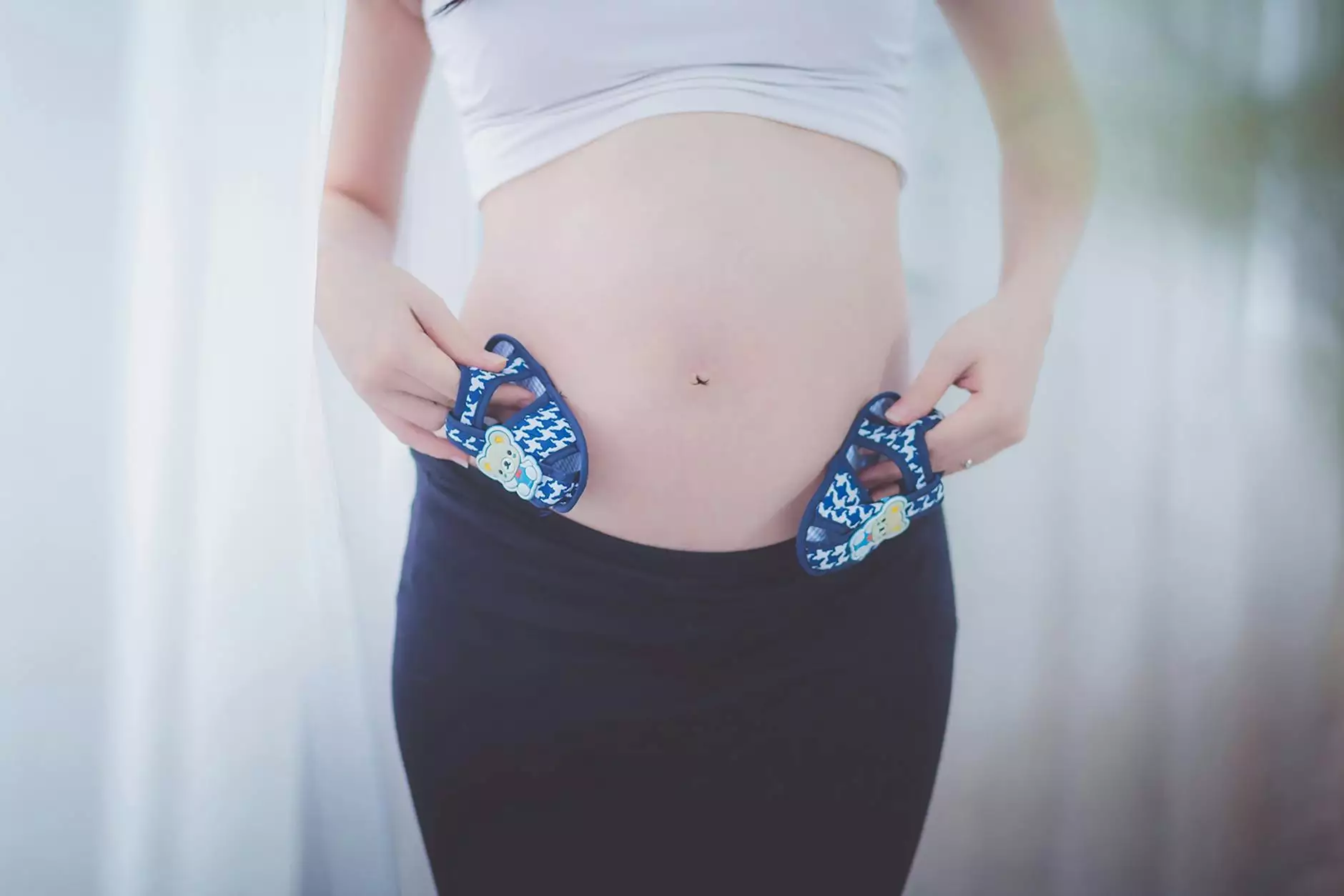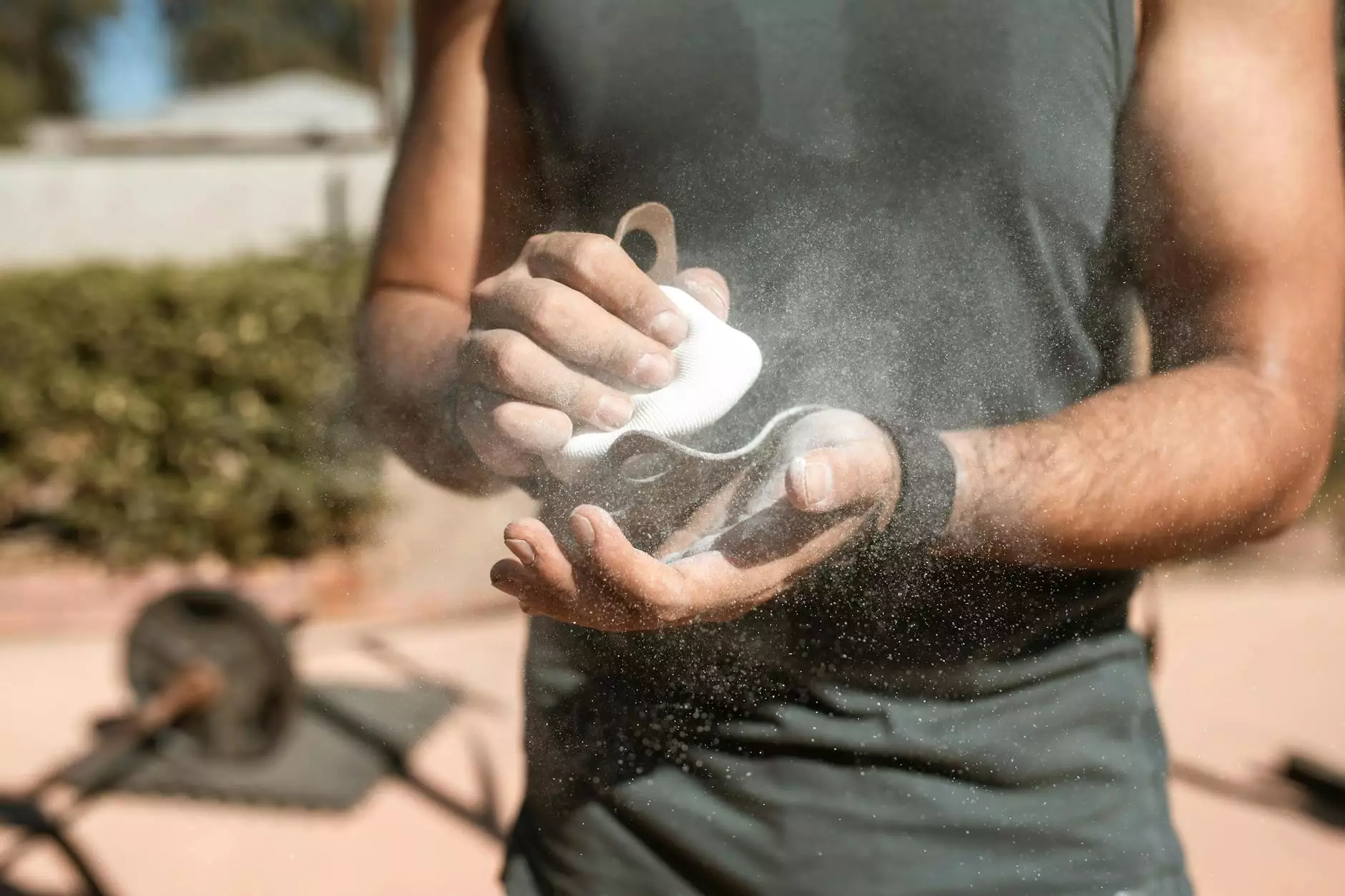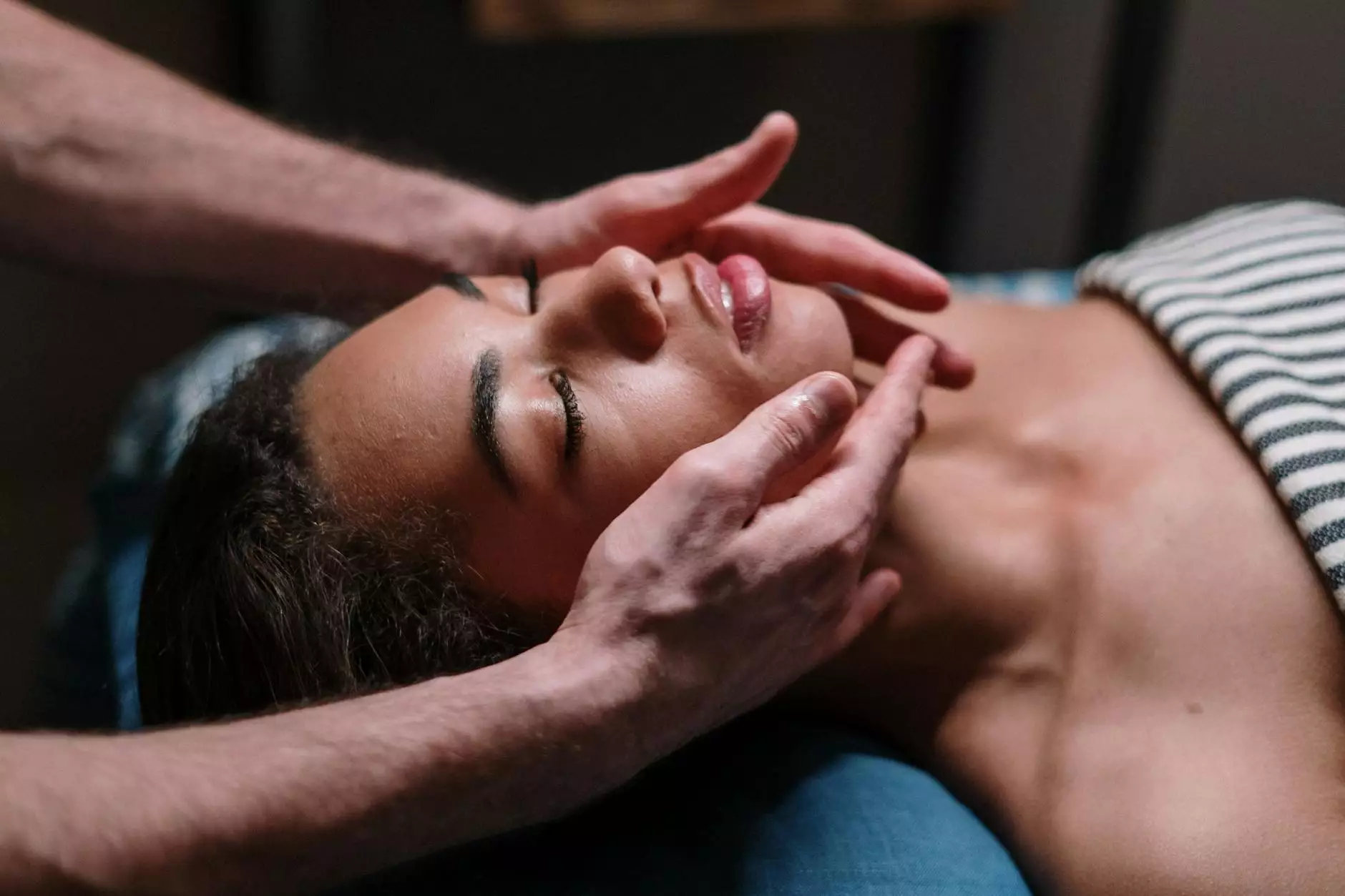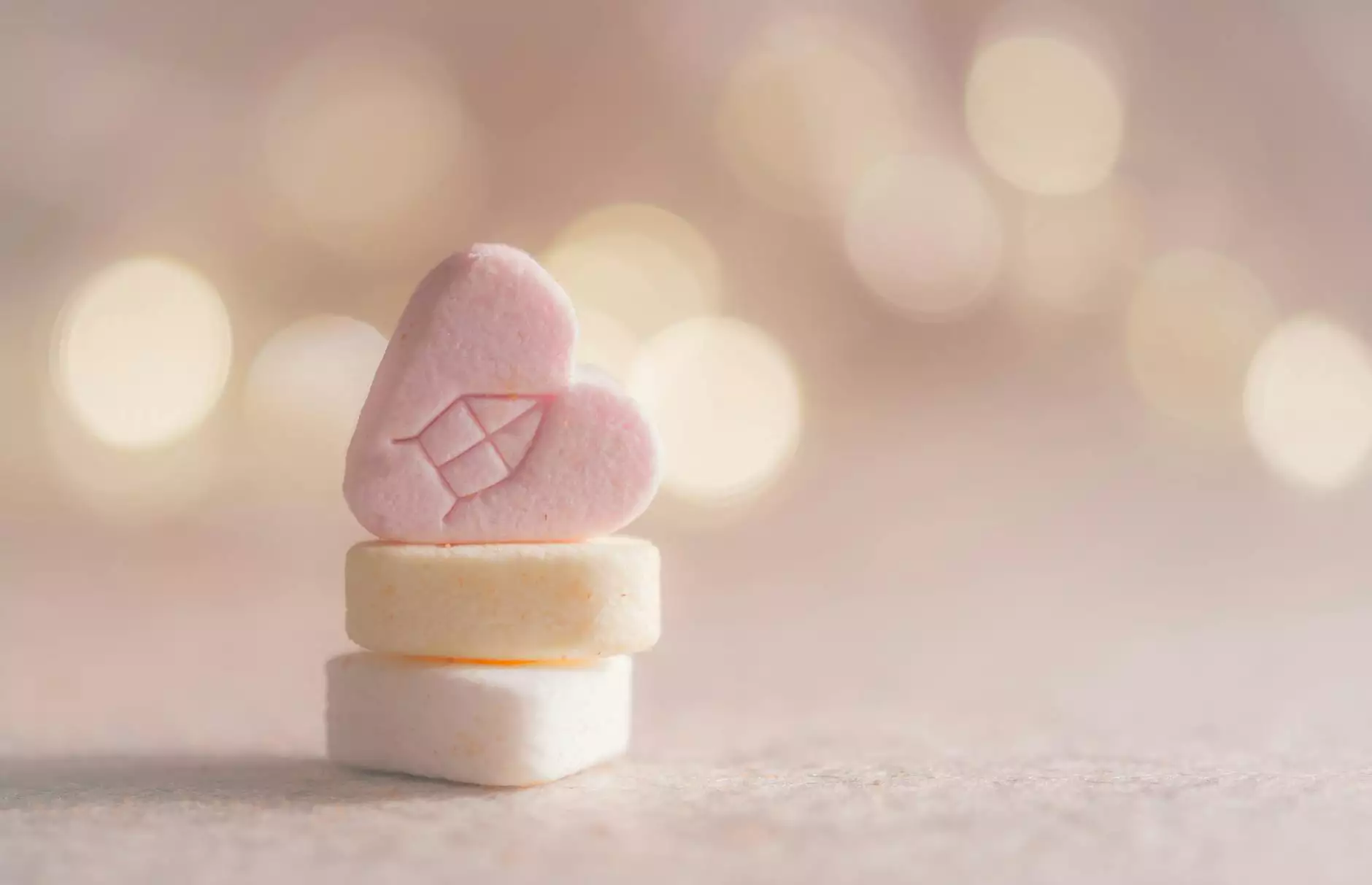The Key Components of Skin: Insights from Life Extension Magazine

In today's fast-paced world, ensuring optimal skin health is more crucial than ever. As a reflection of our overall well-being, the skin serves as a protective barrier against environmental factors. This article, inspired by the rich content from Life Extension Magazine, delves into the essential components of skin health, offering valuable insights into maintaining skin vitality and resilience.
Understanding Skin Structure and Function
The skin is the largest organ of the body, composing about 15% of a person's total weight. It consists of three primary layers: the epidermis, the dermis, and the hypodermis. Each layer plays an essential role in skin health and function.
1. The Epidermis
The outermost layer of the skin, the epidermis, is incredibly vital as it acts as the first line of defense against external elements such as pathogens, chemicals, and physical abrasions. It is made up of several sublayers, with the stratum corneum being the most significant layer for skin barrier function.
2. The Dermis
Located beneath the epidermis, the dermis provides structural support and elasticity through collagen and elastin fibers. This layer houses critical components including:
- Blood Vessels: Essential for nourishment and waste removal.
- Hair Follicles: Roots for hair growth, which plays a role in thermoregulation.
- Connective Tissue: Maintains structural integrity and aids in skin repair.
3. The Hypodermis
Also known as the subcutaneous layer, the hypodermis stores fat and provides insulation. This layer cushions internal organs and helps in conserving body heat.
Key Components for Healthy Skin
Understanding the key components of skin not only aids in protecting and enhancing its appearance but also supports overall health. Based on insights from Life Extension Magazine, some of the most important components include:
1. Hydration
Moisture is paramount for skin elasticity and overall health. The skin needs to retain water to maintain its resilience. Factors that influence skin hydration include:
- Environmental Conditions: Humidity levels directly impact skin moisture.
- Hydration Intake: Consuming an adequate amount of water daily facilitates skin plumpness.
- Topical Moisturizers: Products containing hyaluronic acid, glycerin, and ceramides support skin hydration effectively.
2. Nutrition
A well-balanced diet is crucial for maintaining skin vitality. Certain nutrients play critical roles:
- Vitamins:
- Vitamin A: Essential for cell production and repair.
- Vitamin C: Vital for collagen synthesis and as an antioxidant.
- Vitamin E: Protects against free radical damage.
- Fatty Acids: Essential fatty acids, particularly Omega-3, help strengthen the skin barrier and reduce inflammation.
- Minerals: Zinc and selenium are crucial for skin rejuvenation and immune function.
3. Sun Protection
Protection from UV radiation is critical in preventing premature aging and skin cancers. Sunscreens with broad-spectrum protection can shield the skin from UVA and UVB rays. Regular application becomes even more crucial during summer months and while engaging in outdoor activities.
Understanding the Impact of Lifestyle on Skin Health
The way we live significantly affects our skin's health. Here are some lifestyle factors worth considering:
1. Stress Management
Chronic stress can lead to various skin issues, including acne and eczema. Engaging in stress-reduction techniques such as yoga, meditation, and regular physical activity can positively influence your skin’s appearance.
2. Sleep Quality
Adequate sleep allows the body to repair itself, including the skin. Aim for 7-9 hours of quality sleep each night to support skin regeneration. During sleep, the skin undergoes vital processes for repair, growth, and recovery.
3. Avoiding Harmful Substances
Limiting exposure to tobacco, alcohol, and excess sugar can prevent premature aging and other detrimental effects on skin health.
The Role of Skin Care Regimens
A well-thought-out skin care regimen can help maintain skin health and combat various skin conditions. Here are some essential steps:
1. Cleansing
Cleansing the skin twice daily helps remove impurities, dirt, and excess oils. Use mild, sulfate-free cleansers to maintain the skin's natural barrier without stripping away essential moisture.
2. Exfoliation
Regular exfoliation helps remove dead skin cells, promoting cell turnover. Gentle exfoliants, both physical and chemical (like AHAs and BHAs), should be used according to skin type and sensitivity levels.
3. Targeted Treatments
Incorporate serums and treatments tailored to address specific concerns, such as acne, hyperpigmentation, or signs of aging. Look for formulations that include proven ingredients like retinoids, peptides, and antioxidants.
4. Moisturizing
After cleansing and treatment, applying a suitable moisturizer locks in hydration and helps repair the skin barrier. Choose a product that complements your skin type (oily, dry, or combination).
5. Sunscreen
Never underestimate the power of sunscreen in any skin care routine. Topical application of a broad-spectrum SPF 30 or higher should be the final step, ideally every day irrespective of weather conditions.
Embracing Holistic Approaches to Skin Health
Holistic approaches consider the interplay between body, mind, and environment. Incorporating practices like acupuncture, herbal medicine, and aromatherapy can enhance skin health beyond conventional methods.
Conclusion: The Journey Towards Optimal Skin Health
Maintaining healthy skin is a continuous journey that requires thoughtful attention to various aspects of lifestyle, diet, and skin care. By integrating insights from Life Extension Magazine regarding key components of skin, individuals can take proactive steps toward achieving and sustaining their skin’s vitality.
Regular assessments and adjustments to one’s skin care regimen, alongside lifestyle choices, empower individuals to put their best face forward. As we strive for optimal skin health, remember that the true glow comes from within.
life extension magazine key component skin








